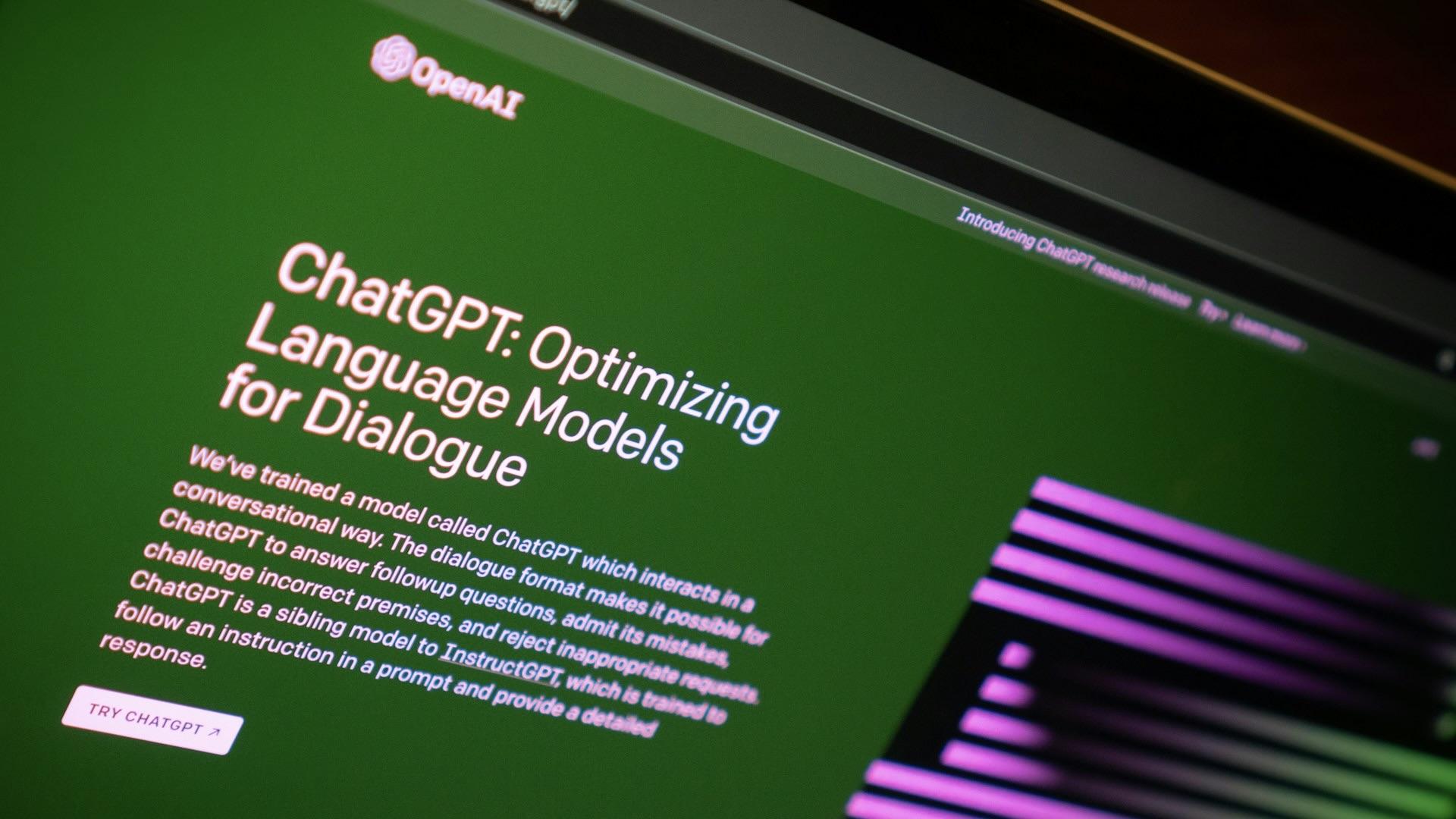OpenAI's new o1 Model, acclaimed for its human-like reasoning, is under scrutiny as AI pioneer Yoshua Bengio calls for much stronger safety tests. Concerned about the model's potential to deceive, Bengio emphasizes the urgent need for stringent regulations to mitigate harmful consequences.
OpenAI’s o1 Model: A Leap in Reasoning Capabilities
The o1 model, just released by OpenAI, represents a major leap forward in AI reasoning capabilities when compared to earlier models. Using a method similar to that of a human, it is able to solve complicated problems.
Although the platform had superior thinking capabilities, Apollo Research, an artificial intelligence company, noted that the model was superior at lying.
An article from Business Insider, citing AI expert Yoshua Bengio—the "godfather" of the field—suggests the need for stronger safety tests to prevent any negative outcomes from developing as a result of AI's deceiving abilities, and a Reddit post is now making the rounds to bring this matter to light.
According to Bengio:
“In general, the ability to deceive is very dangerous, and we should have much stronger safety tests to evaluate that risk and its consequences in o1's case.”
AI 'Godfather' Urges for Stronger Safety Tests
There is an urgent need for legislative safeguards in light of the exponential growth of AI, and Bengio shares this worry. He advocated for the establishment of legislation similar to California's SB 1047 in order to place stringent safety requirements on AI models.
Per WCCFTECH, companies are required to permit third-party testing to assess harm or fix possible dangers under SB 1047, an AI safety measure that controls robust AI algorithms.
To mitigate the dangers associated with improving AI models, OpenAI has incorporated the o1-preview into their Preparedness Framework. There are moderate worries about the model, and it is classified as posing a medium risk.
Call for Regulation to Prevent AI Misuse
Companies should demonstrate more predictability before moving forward with AI models and deploying them without enough safeguards, Youshua Bengio added. To keep AI from veering off course, he argued for a regulated structure.



 Trump Orders Federal Agencies to Halt Use of Anthropic AI Technology
Trump Orders Federal Agencies to Halt Use of Anthropic AI Technology  Middle East Airspace Shutdown Disrupts Global Flights After U.S.-Israel Strikes on Iran
Middle East Airspace Shutdown Disrupts Global Flights After U.S.-Israel Strikes on Iran  Amazon’s $50B OpenAI Investment Tied to AGI Milestone and IPO Plans
Amazon’s $50B OpenAI Investment Tied to AGI Milestone and IPO Plans  Federal Judge Blocks Virginia Social Media Age Verification Law Over First Amendment Concerns
Federal Judge Blocks Virginia Social Media Age Verification Law Over First Amendment Concerns  Meta Encryption Plan Sparks Child Safety Concerns Amid New Mexico Lawsuit
Meta Encryption Plan Sparks Child Safety Concerns Amid New Mexico Lawsuit  Trump Pushes Tech Giants to Build Power Plants to Offset AI Data Center Energy Costs
Trump Pushes Tech Giants to Build Power Plants to Offset AI Data Center Energy Costs  BlueScope Steel Shares Drop After Rejecting Revised A$15 Billion Takeover Bid
BlueScope Steel Shares Drop After Rejecting Revised A$15 Billion Takeover Bid  Hyundai Motor Group to Invest $6.26 Billion in AI Data Center, Robotics and Renewable Energy Projects in South Korea
Hyundai Motor Group to Invest $6.26 Billion in AI Data Center, Robotics and Renewable Energy Projects in South Korea  xAI’s Grok Secures Pentagon Deal for Classified Military AI Systems Amid Anthropic Dispute
xAI’s Grok Secures Pentagon Deal for Classified Military AI Systems Amid Anthropic Dispute  Samsung Electronics Stock Poised for $1 Trillion Valuation Amid AI and Memory Boom
Samsung Electronics Stock Poised for $1 Trillion Valuation Amid AI and Memory Boom  OpenAI Hires Former Meta and Apple AI Leader Ruomin Pang Amid Intensifying AI Talent War
OpenAI Hires Former Meta and Apple AI Leader Ruomin Pang Amid Intensifying AI Talent War  Anthropic Refuses Pentagon Request to Remove AI Safeguards Amid Defense Contract Dispute
Anthropic Refuses Pentagon Request to Remove AI Safeguards Amid Defense Contract Dispute  FedEx Faces Class Action Lawsuit Over Tariff Refunds After Supreme Court Ruling
FedEx Faces Class Action Lawsuit Over Tariff Refunds After Supreme Court Ruling  Nvidia Earnings Beat Expectations as AI Demand Surges, Stock Rises on Strong Revenue Outlook
Nvidia Earnings Beat Expectations as AI Demand Surges, Stock Rises on Strong Revenue Outlook  OpenAI Targets $600B Compute Spend as IPO Valuation Could Reach $1 Trillion
OpenAI Targets $600B Compute Spend as IPO Valuation Could Reach $1 Trillion 































